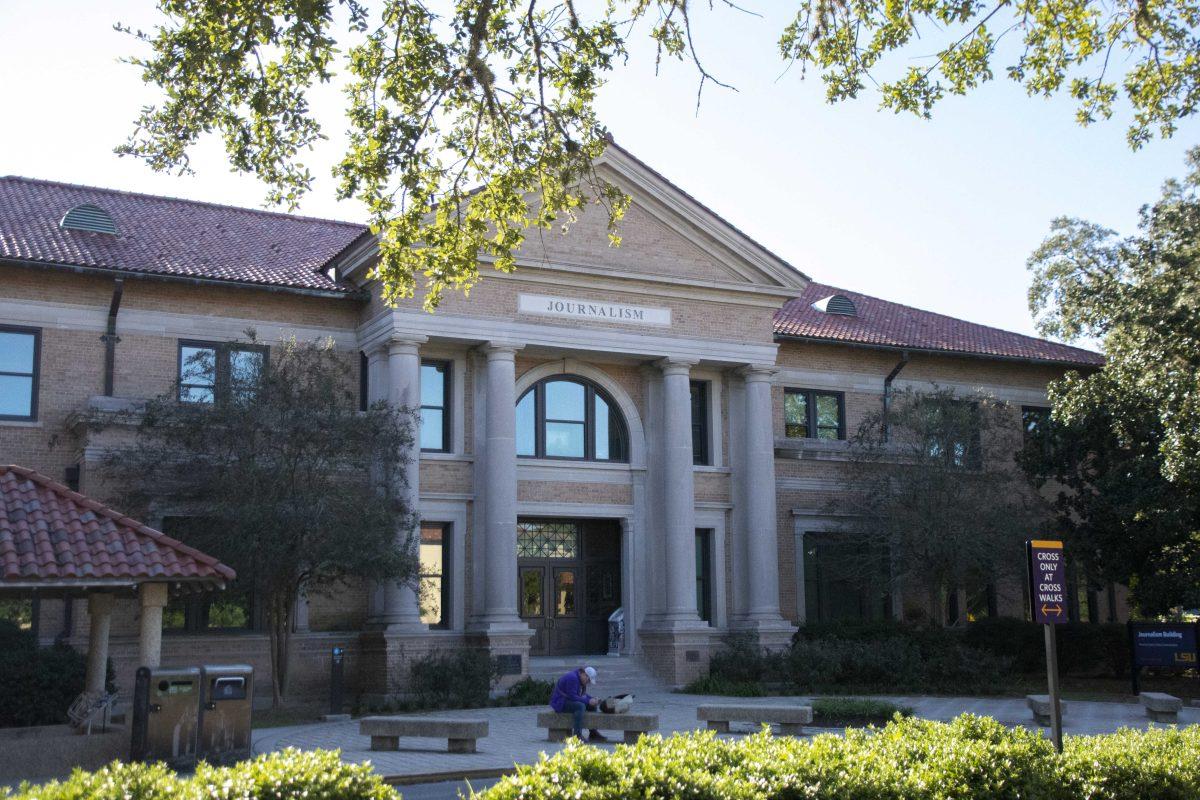The Federal Bureau of Investigation and University Information Technology Services are warning students to be aware of potential “work-from-home” scams. The cyber criminals are targeting college students all across the nation in hopes of gaining personal information and money.
The FBI’s public service announcement, prepared by the Internet Crime Complaint Center, said the criminals will offer the student a work from home “position” in a fake company. The criminals will then tell the student the only job requirement is to provide bank account information in order to receive a direct deposit then have the victim transfer money to another account involved in the scam.
“Unbeknownst to the student, the other account is involved in the scam that the student has now helped perpetrate. The funds the student receives, and is directed elsewhere have been stolen by cyber criminals,” the FBI announcement said.
LSUPD spokesman Capt. Cory Lalonde said students should always be wary of potential schemes.
“If it looks too good to be true, there’s a good chance it might be,” Lalonde said.
Lalonde warned that if someone is claiming exaggerated profits, it should raise an eyebrow. He said students should be careful about these claims, especially if it comes from an unsolicited or foreign email address.
“Anything that requires you to put money up front … or personal identification up front as in like a social security number, something of that nature … are kind of red flags that you maybe need to be concerned with,” Lalonde said.
If students see an email that could be a possible scam, they should do a quick Internet search and find out the legitimacy of the company, Lalonde said. He urged for students to research the history of the company or organization to see if it is established in the business world.
Lalonde said no scams of this nature have been reported to LSUPD, but it has investigated instances of fraudulent job listings in the past.
Since many of the scam artists are often overseas, LSUPD is only able to investigate, but cannot prosecute the scheme because it is out of the department’s jurisdiction. Lalonde said students should still contact LSUPD and depending on the circumstances, it will refer the case to the Internet Crime Complaint Center.
University IT Security and Policy Officer Craig Callender said the work-from-home scams have affected many different areas over time, and universities are the latest target.
Callender said it’s common for the criminals to play on someone’s emotions while trying to obtain information, at times researching students or upcoming events.
“It really depends on the sophistication of the attackers or the group of attackers,” Callender said.
Callender urged students to utilize their best logic and think before they click.
FBI warns college students of internet scammers
January 27, 2015
More to Discover












